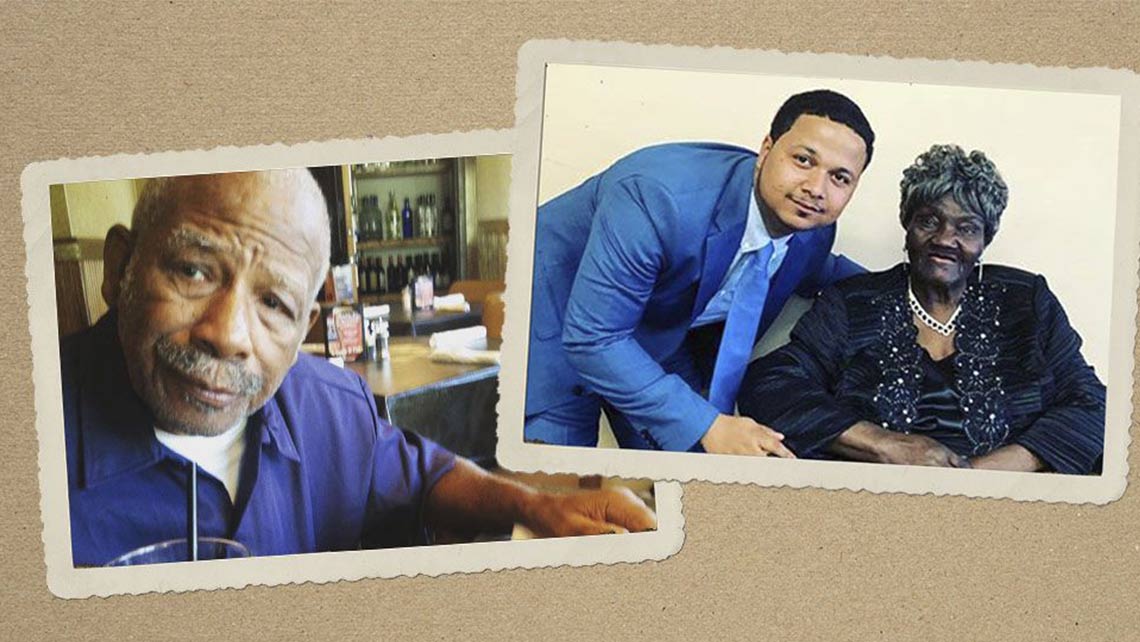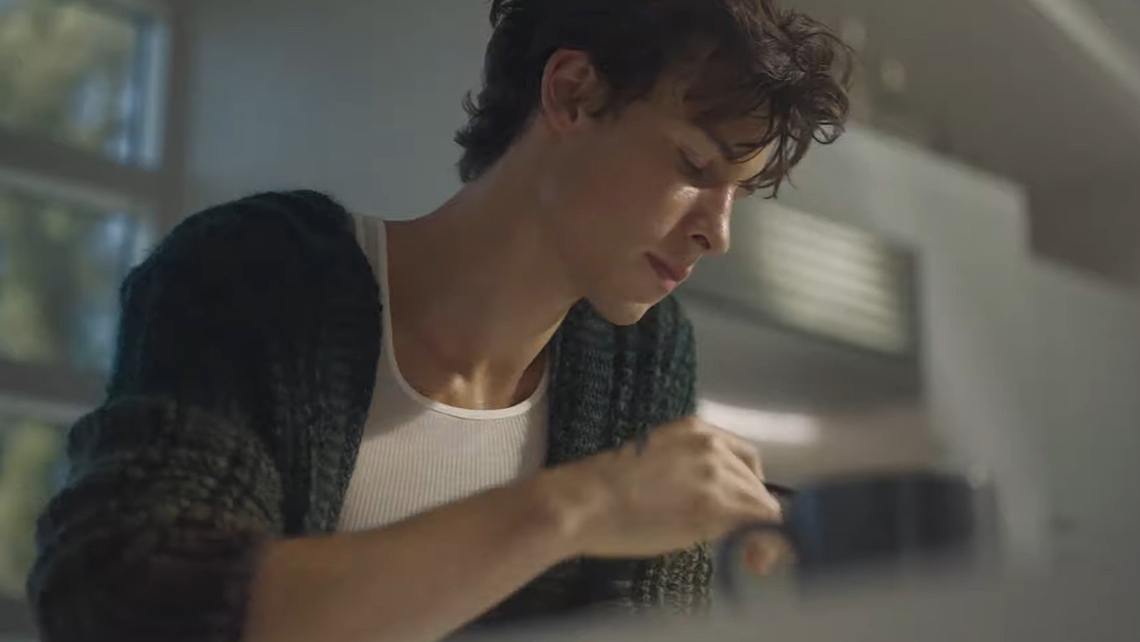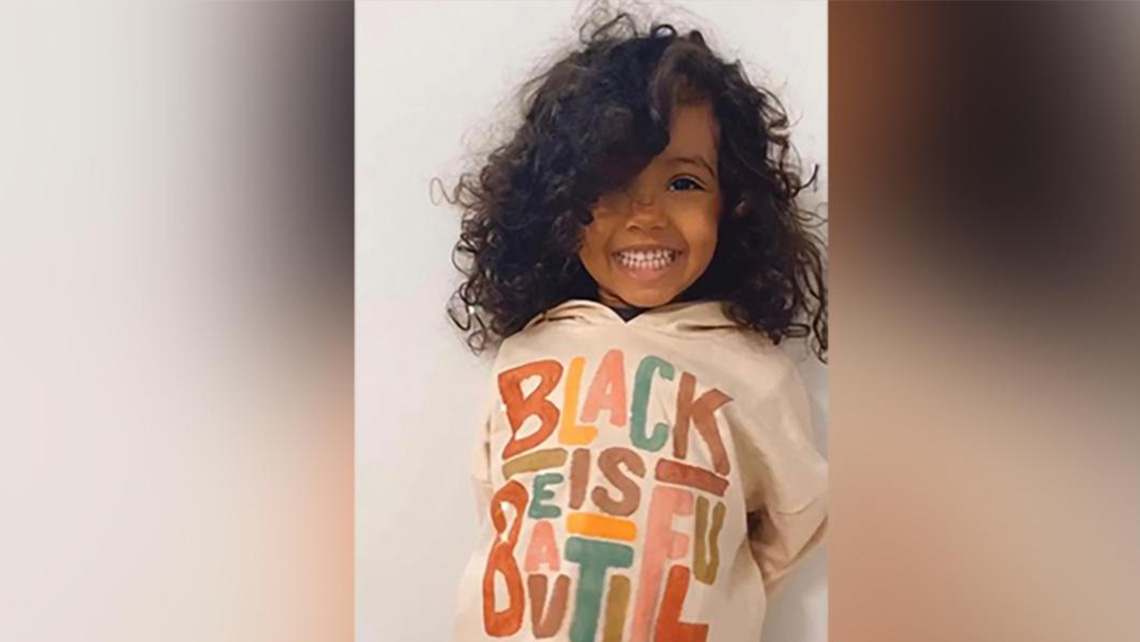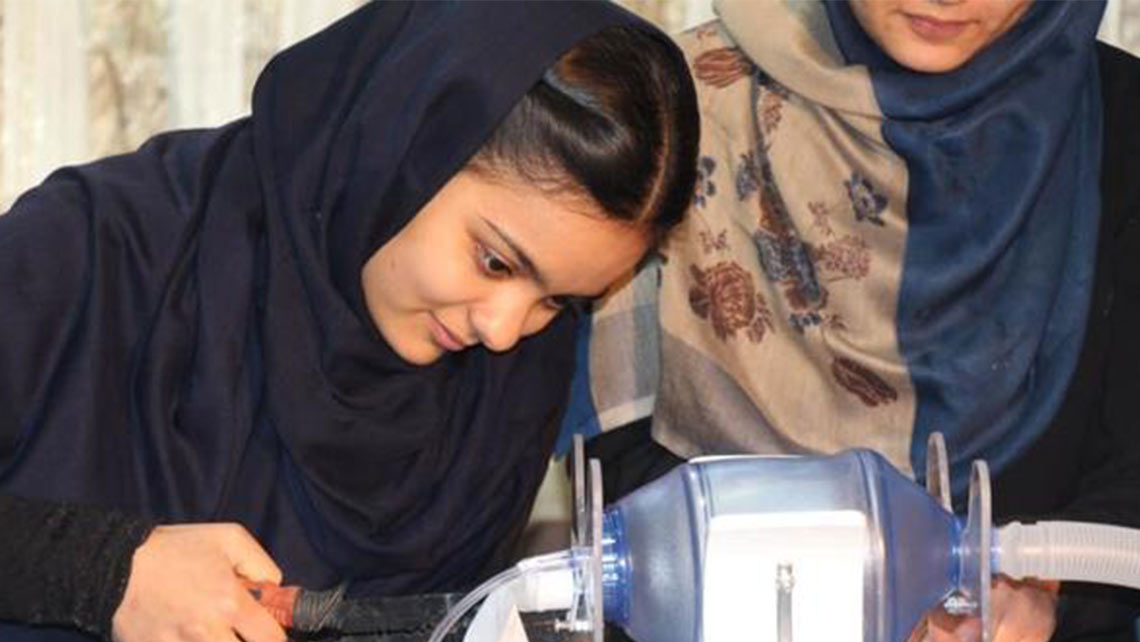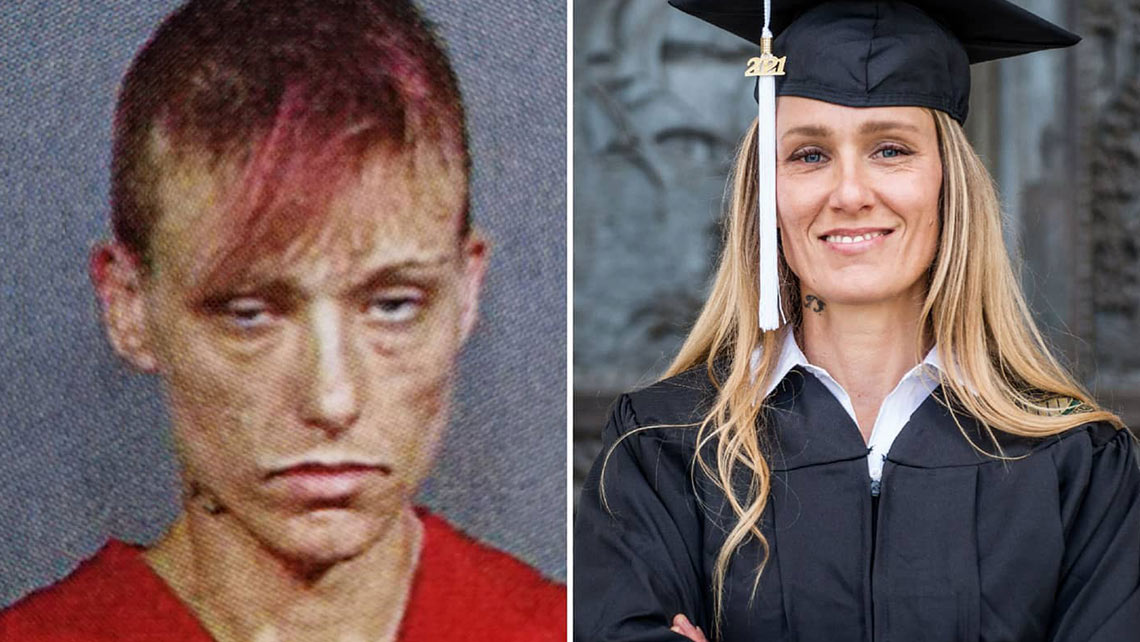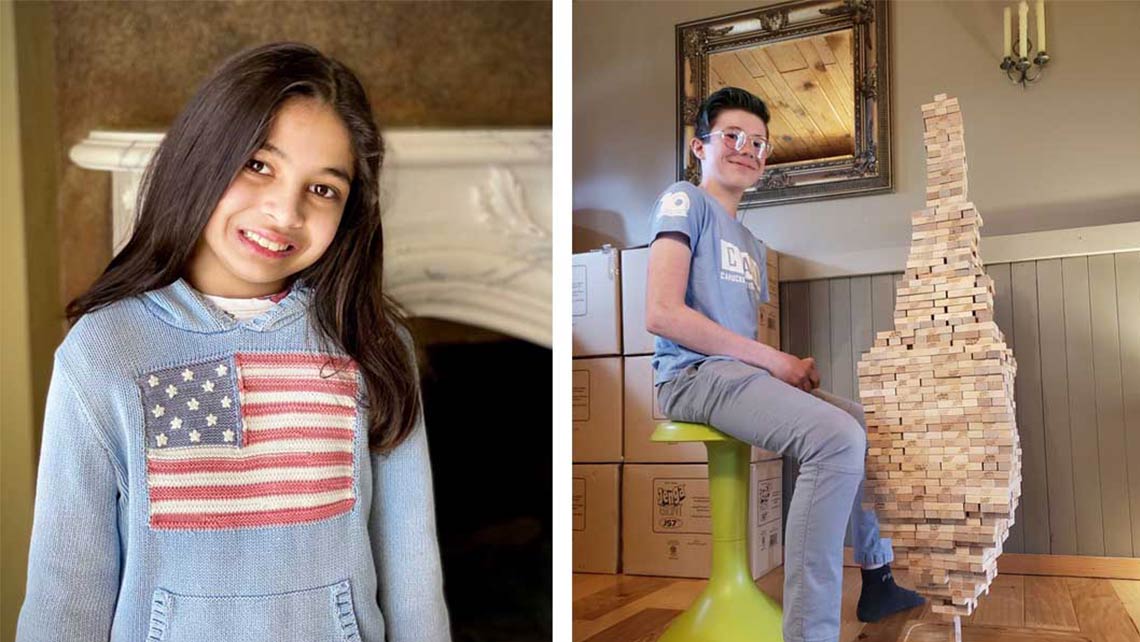Not only was Freddie Figgers abandoned at birth, but he was also mocked for it in school. “Kids used to bully me and call me, ‘Dumpster baby,’ ‘Trash can boy,’” Figgers told BBC News. “I remember getting off the school bus sometimes and kids used to just come behind and grab me and throw me in a trash can and laugh at me.”
Figgers had, in fact, been left by a dumpster when he was just days old. He was discovered by Nathan and Betty Mae Figgers, a couple in their 50s who had fostered many children and whose own kids were just about ready to move out. Nathan and Betty Mae decided that Freddie deserved a permanent home, and decided to adopt him.
They were loving parents. And Nathan, in particular, was keen to encourage Freddie’s interest in electronics. So while the family couldn’t afford a new computer, Nathan managed to secure an old – and, it turned out, non-functioning – Macintosh Classic from Goodwill.
Freddie was just 8 at the time. But he took the Mac apart, swapped out some broken capacitors, and managed to get the computer working again. Granted, it took about fifty tries to get it working. But Figgers says he still remembers the moment that the Mac sprung to life. “That computer took away all of the pain of getting bullied.”
It also led to his first part-time job. In Quincy (the small, north Florida city where Freddie grew up), the mayor was also the director of the after-school program. And it wasn’t long before she noticed Freddie’s knack for tinkering with – and successfully fixing – the school’s computers. She invited Freddie to city hall, and eventually arranged for him to spend a couple of hours each week fixing the city’s computers.
He was more than just tech support. At 15, he learned that the city was in touch with a software company; they wanted a program built that would monitor the city’s water pressure gauges. Freddie went to the city manager. “I said, ‘Sir, listen, if you give me an opportunity, I could build the same program.’ So he gave me that opportunity and I built that program exactly to the specifications that they needed.”
He saved the city hundreds of thousands of dollars. But more importantly, the project jump-started his desire to innovate. When his father began wandering off at night (a symptom of his Alzheimer’s), Figgers developed a GPS tracker/two-way radio that fits into the sole of his father’s shoe. Years later he designed a smart glucometer, one that can transmit a user’s blood sugar readings and alert close relatives to crashes and spikes.
Now, Figgers is the CEO of Figgers Communication, the only Black-owned telecom company in the country. He is a self-made millionaire. But he is also determined to give back to the community; to give others the chance that his mother and father gave him. That includes running a foundation that invests in education and healthcare initiatives, like providing bikes to children in foster care.
“Knowing my father, he wasn’t a rich man at all,” explains Figgers, “but he [made an impact on] so many people’s lives and I want to just do right by everyone I meet and help everyone I can.”


